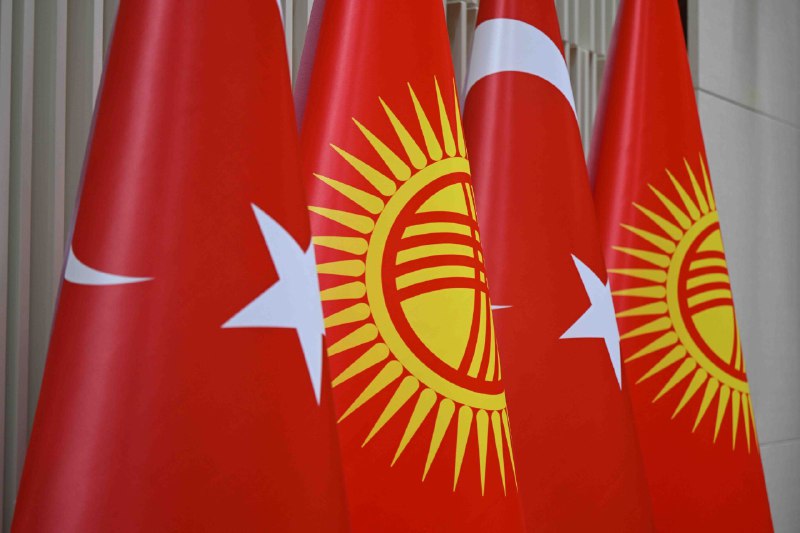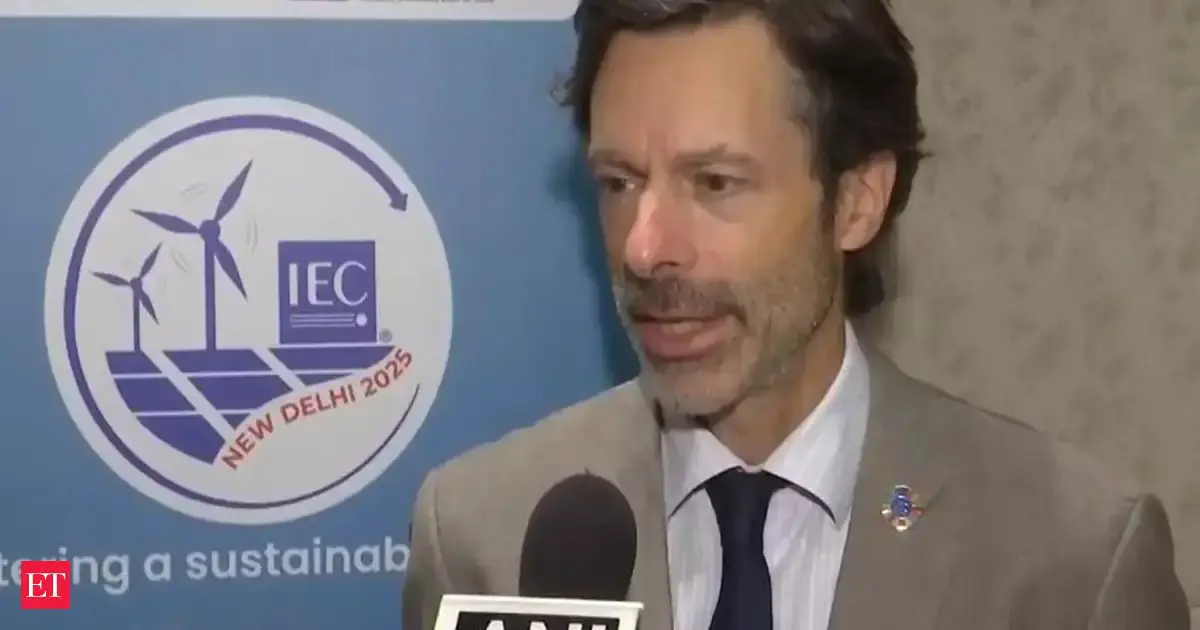By Alyona Pavlenko
Copyright trend

BAKU, Azerbaijan, September 16. The visit of
Turkish Vice President Cevdet Yılmaz to Kyrgyzstan, scheduled for
September 17, 2025, will be a logical continuation of the active
dynamic in Kyrgyz-Turkish relations in recent years. The expected
meetings with President Sadyr Zhaparov and Head of the Presidential
Administration, Chairman of the Cabinet of Ministers Adylbek
Kasymaliev, confirm that Ankara and Bishkek are committed to
strengthening political dialogue and expanding practical
cooperation.
During the visit, the 12th session of the Intergovernmental
Commission on Trade and Economic Cooperation will also take place.
Following the negotiations, new documents are expected to be signed
to deepen the strategic partnership.
This foundation opens up broad opportunities to expand
cooperation, particularly in the implementation of infrastructure
projects. Turkish companies are already involved in major projects
in Kyrgyzstan, including the construction of the Kazarman and
Kokomeren hydropower plants, with investments exceeding $6 billion.
In addition, the creation of a gas power plant based on the Bishkek
CHP-2 is planned.
These projects aim to increase electricity production and
improve the reliability of the entire system. Their implementation
will reduce Kyrgyzstan’s dependence on imported energy resources
and provide a more stable power supply for both the population and
industrial enterprises. Expanding energy capacities will also
create conditions for growth in the country’s export potential,
positively impacting its economic development and strengthening
regional cooperation.
According to the National Statistical Committee of Kyrgyzstan,
the trade turnover between Türkiye and Kyrgyzstan amounted to
$281.684 million from January through July 2025, which is 1.6
percent lower than the same period last year ($286.158 million).
The decline in overall trade volume was due to a significant
decrease in exports from Kyrgyzstan to Türkiye, which totaled
$47.393 million, which is 25.9 percent less compared to January –
July 2024 ($63.934 million). At the same time, imports to
Kyrgyzstan from Türkiye increased by 5.4 percent, reaching $234.290
million compared to $222.223 million in January-July 2024.
Despite fluctuations in trade, both countries intend to
significantly increase their trade turnover and reach a target of
$5 billion. To achieve this, all necessary conditions are being
created: regular business forums are held, and the establishment of
the Kyrgyz-Turkish Development Fund is being discussed. Active
economic cooperation helps attract investments and expand mutual
trade. Kyrgyzstan and Türkiye also actively cooperate on
multilateral platforms, including the Organization of Turkic States
(OTS) and the United Nations.
A key factor in deepening relations between the countries is
Türkiye’s strategic interest in Central Asia, where Bishkek is one
of Ankara’s key partners. Such cooperation strengthens long-term
economic ties and lays the foundation for sustainable development
of bilateral relations.
Deepening bilateral ties with Türkiye opens up new opportunities
for Kyrgyzstan to diversify its foreign policy and economic
connections, which have traditionally been primarily oriented
towards Russia and China. Positioned in a strategically important
region, Kyrgyzstan plays a crucial role in implementing the ‘Turkic
World’ concept. Türkiye is actively working to strengthen its
position in Central Asia, and developing cooperation with
Kyrgyzstan is an essential part of this broad initiative.
This partnership gives Kyrgyzstan the chance to strengthen its
multi-vector foreign policy, providing flexibility to balance the
interests of various global players. This approach contributes to
enhancing the country’s sovereignty and improving regional
Ultimately, the upcoming visit of Cevdet Yılmaz will not only
consolidate previously reached agreements but also serve as a
starting point for launching new initiatives. Bishkek and Ankara
are gradually building a strong and multi-layered cooperation,
covering energy, economy, humanitarian ties, and key areas of joint
development



